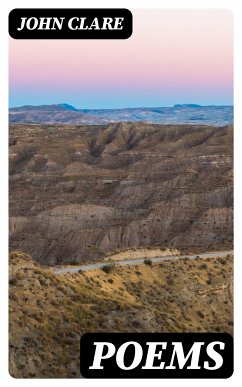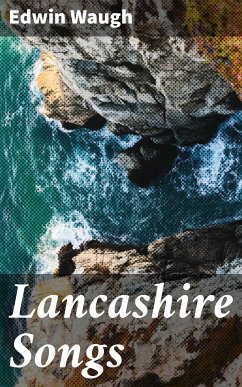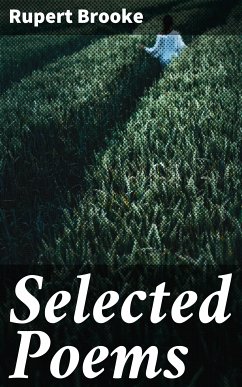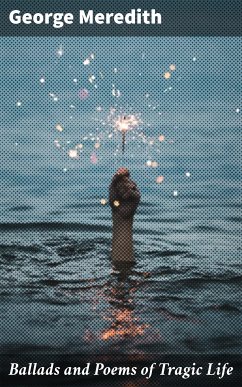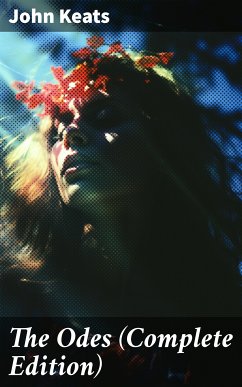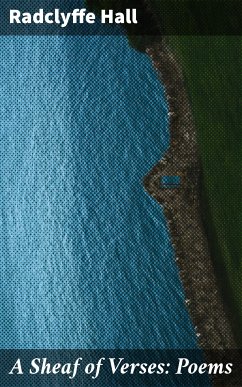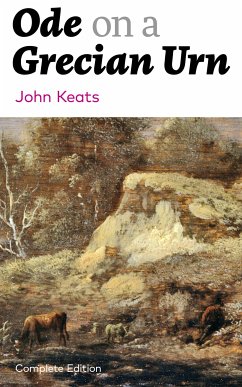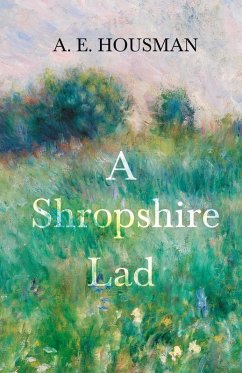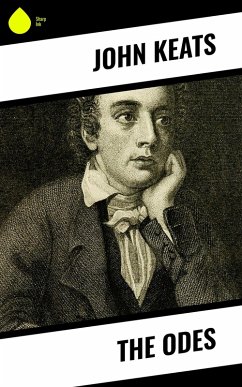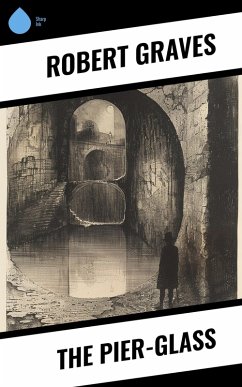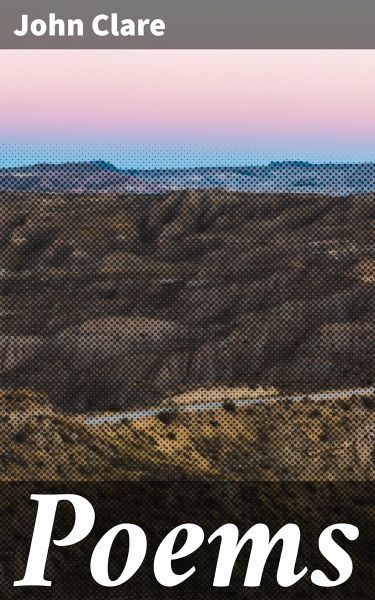
Poems (eBook, ePUB)
A Tapestry of Nature's Melodies and Social Reflections
Redaktion: Gale, Norman
Versandkostenfrei!
Sofort per Download lieferbar
0,49 €
inkl. MwSt.
Weitere Ausgaben:

PAYBACK Punkte
0 °P sammeln!
In "Poems," John Clare presents a captivating collection that deeply embodies the Romantic sensibility while drawing inspiration from the pastoral traditions of English poetry. His verses celebrate the rural landscapes and the intricacies of nature, characterized by vivid imagery and emotive language that invite readers into the serene yet tumultuous world he inhabited. Clare'Äôs keen observations of flora and fauna, coupled with a profound sense of nostalgia for the simpler life of the countryside, establish his work as a crucial link in the development of environmental consciousness in lit...
In "Poems," John Clare presents a captivating collection that deeply embodies the Romantic sensibility while drawing inspiration from the pastoral traditions of English poetry. His verses celebrate the rural landscapes and the intricacies of nature, characterized by vivid imagery and emotive language that invite readers into the serene yet tumultuous world he inhabited. Clare'Äôs keen observations of flora and fauna, coupled with a profound sense of nostalgia for the simpler life of the countryside, establish his work as a crucial link in the development of environmental consciousness in literature and a poignant prelude to the nature poetry that would flourish in subsequent decades. John Clare, often called the 'Peasant Poet,' was born into a poor agricultural family in Northamptonshire, England, in 1793. His life experiences, marked by the struggles of rural existence, poverty, and mental health challenges, deeply influenced his writing. Clare's close connections to the English landscape and its ecosystems echo throughout his poetry, reflecting his dissatisfaction with the urbanization of his time and his unyielding love for nature'Äôs beauty. For readers seeking an authentic portrayal of rural life and a profound connection with nature, Clare's "Poems" stands as an essential text. It not only showcases a unique voice in English literature but also serves as a poignant reminder of the beauty and fragility of the natural world, making it a timeless read for those interested in the enduring relevance of environmental themes.
Dieser Download kann aus rechtlichen Gründen nur mit Rechnungsadresse in A, B, BG, CY, CZ, D, DK, EW, FIN, F, GR, H, IRL, I, LT, L, LR, M, NL, PL, P, R, S, SLO, SK ausgeliefert werden.




